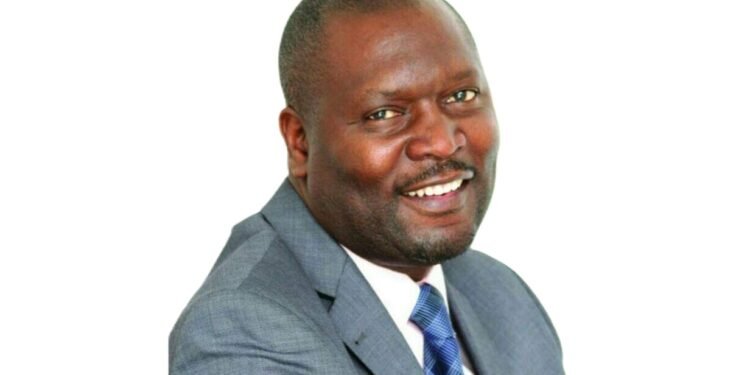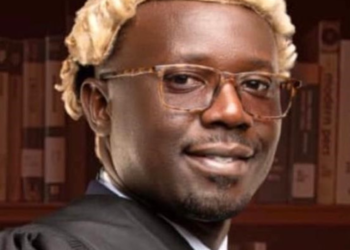When judges become politicians: The case of Judge C.C. Zulu
By Dr Lawrence Mwelwa
Please login to join discussion
Join Us Today
- Trending
- Comments
- Latest
Zambia’s betrayal of pan-Africanism
February 14, 2026
PF in freefall: Many camps, one crisis
February 14, 2026
ECZ A UPND PUPPET – lawyer Zimba
February 14, 2026
Ndola father kills baby with shovel – police
February 14, 2026

























